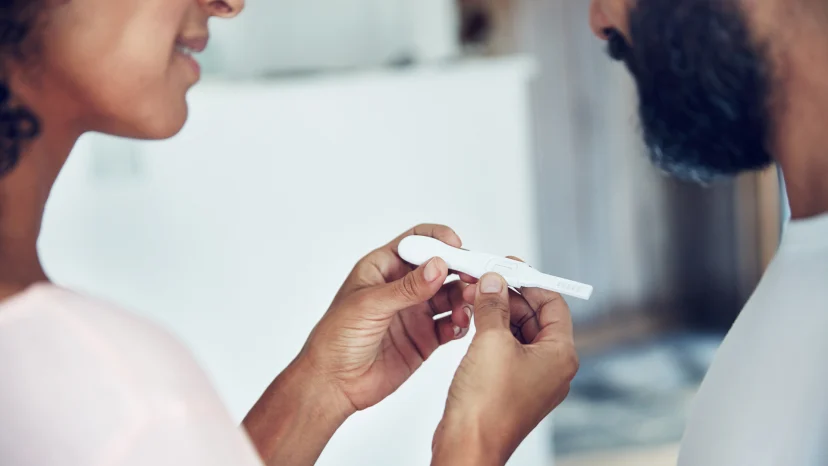Pregnancy
Introduction
Whether you think you may be pregnant or are planning to become pregnant soon, this may be an exciting time in your life. It may also feel a little overwhelming. From recognizing the early signs and symptoms of pregnancy, to making healthy lifestyle changes, to getting good prenatal care, there's a lot to learn.
Add to the mix all the advice from well-meaning friends and family about what to do and what not to do and things can become downright confusing.
Our team of experts has gathered important information about pregnancy. You’ll learn how to recognize pregnancy symptoms and understand the importance of prenatal care, proper nutrition, sleep, and exercise. You’ll also find information on what medications you can take and which ones you should skip, plus how to navigate high-risk pregnancies.
If you think you're pregnant or would like to begin trying to have a baby, make an appointment to speak with a healthcare provider (HCP) about steps you can take to prepare for pregnancy.
Pregnancy symptoms

Do you think you might be pregnant? You've probably heard about morning sickness and missed periods. But did you know that the symptoms aren't the same for everyone? Learn about some of the other, lesser-known early signs and symptoms of pregnancy.
Prenatal care
Keeping yourself and your baby healthy starts with getting the right prenatal care. If you think you're pregnant or are planning to become pregnant, it's important to make an appointment to see a healthcare provider (HCP). They can check for any health issues that may put you at risk for pregnancy complications.
Lifestyle changes

Are there health changes you should be making before, during, and after your pregnancy? Learn the facts about taking prenatal vitamins, achieving a healthy pregnancy weight, getting enough sleep, exercising safely, avoiding alcohol and tobacco, and more.





